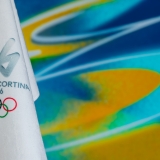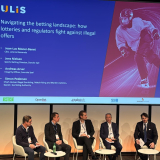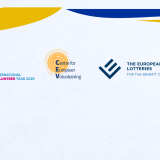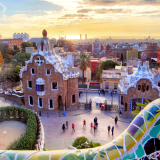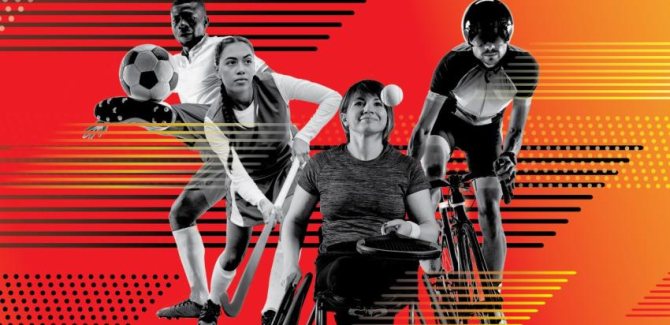
EL at the EU Sport Forum
EL has been a longstanding partner of the European Commission for many years, regularly supporting the successful editions of several initiatives, including the annual European Week of Sport.
This week (16-17 April), EL was represented by its Sport Secretary Alvise Angelini at the EU Sport Forum in Liège (Belgium), a Commission-led initiative that brings together various stakeholders in the field of sport to discuss challenges, opportunities and the future of sport in the EU.
In the run up to the Olympics in Paris and to UEFA EURO 2024, this year’s Forum looked into the connection between EU and Olympic values and focused on some of the most topical issues in the sport sector, such as integrity, sustainability and gender equality. All important topics for EL.
A number of national and European Institutions took to the floor, including Iliana Ivanova, European Commissioner for Innovation, Research, Culture, Education and Youth, Pierre-Yves Jeholet, Minister President of the Federation Wallonie-Bruxelles and MEP Thomasz Frankowski, co-chair of the Sport Group in the European Parliament.
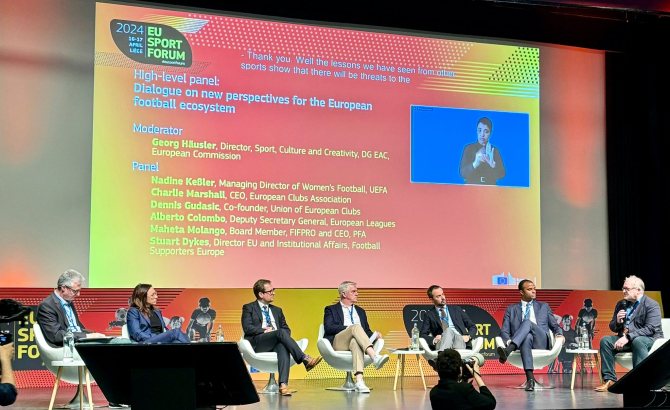
High level panel debate
High level panel: Dialogue on new perspectives for the European football ecosystem
The programme addressed topics such as the challenges to sport in the digital age and lifelong sport. Of particular interest was a high level panel debate with institutions, sport organisations, sport clubs and supporters focused on the new perspectives for the European sport model and the European football ecosystem.
Key topics that emerged were clearly the financial sustainability and the governance. Today’s governance model is based on consultation and the panel hope to see a switch towards a co-decision governance model where decisions get to be taken together by all the stakeholders. Complexity and lack of clarity is what should be tackled in improving the current governance model and from the discussion emerged a number of positive indicators of good will from UEFA in improving the governance at European level, while it does not seem to be the same yet for the global governance at FIFA level yet.
Reaffirming the European sport model and promote its values were agreed by all as fundamental objectives for the upcoming years, even if an fundamental question is yet there to be answered: is the autonomy of the sport federations still enough or there is the need for some regulatory framework?
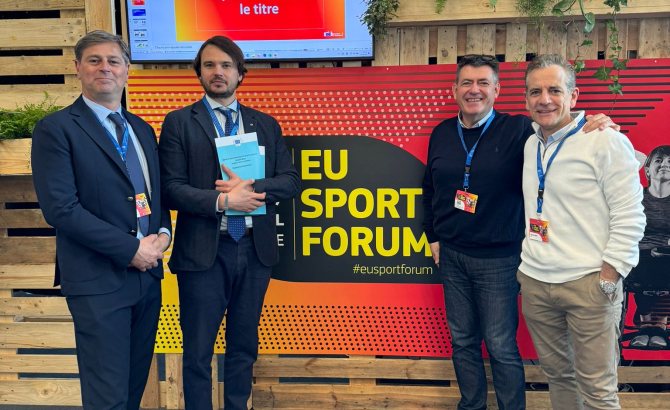
Overall, it was a great opportunity for EL to consolidate its network among important stakeholders at both EU and national level, while being present and recognised as a valuable and important player in the future discussions on EU sport policy. This is especially relevant ahead of the adoption of the new 2024-2027 EU Work Plan for Sport.


